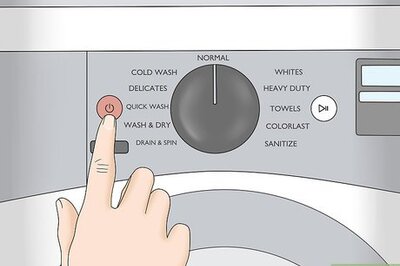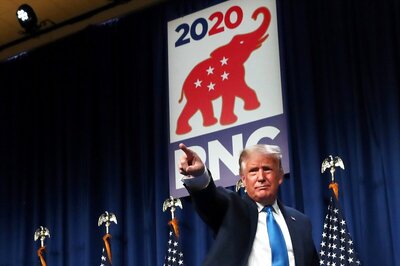
views
Washington: The Bush administration on Wednesday warned against efforts to impose new conditions on a controversial civilian nuclear power agreement with India saying such amendments would be "deal breakers."
"We would urge both Congress and our international partners to avoid the temptation to renegotiate the deal," said Undersecretary of State Robert Joseph, the top US non-proliferation official.
"Based on our interaction with the Indian government, we believe such additional conditions would likely prove to be dealbreakers," he told the Senate Foreign Relations Committee.
For 25 years the United States led the global fight to deny India access to nuclear technology because it developed nuclear weapons and tested them.
But President George W Bush, aiming to improve ties with India, jettisoned this approach in the July 18 agreement, permitting civilian US -India nuclear cooperation.
He wants changes in US laws that were decided upon by the 44-nation Nuclear Suppliers Group and consequently let India get restricted items, including nuclear fuel.
But many congressmen and experts worry the accord benefits India excessively and should be amended to place other requirements on New Delhi, like halting production of fissile material, which can be used in nuclear weapons.
"This is a case where the perfect is the enemy of the good and we must resist the temptation to pile on conditions," Joseph said.
He argued it is better to lock India into the agreement as written and then work to achieve additional non-proliferation objectives over time as US -India ties continue to improve.
Joseph said the deal advances US goals to halt the spread of nuclear weapons because it commits India to international non-proliferation standards for the first time.
This includes a commitment to full-scope safeguards, meaning India will submit to inspections of its civilian nuclear facilities by the International Atomic Energy Agency.
While the agreement in effect recognizes India as the sixth nuclear weapon state, Joseph said India will not have the same freedom as the five official nuclear weapons states to designate which nuclear facilities must face inspections.
The nuclear weapons states are the United States, China, Russia, France and Britain.




















Comments
0 comment